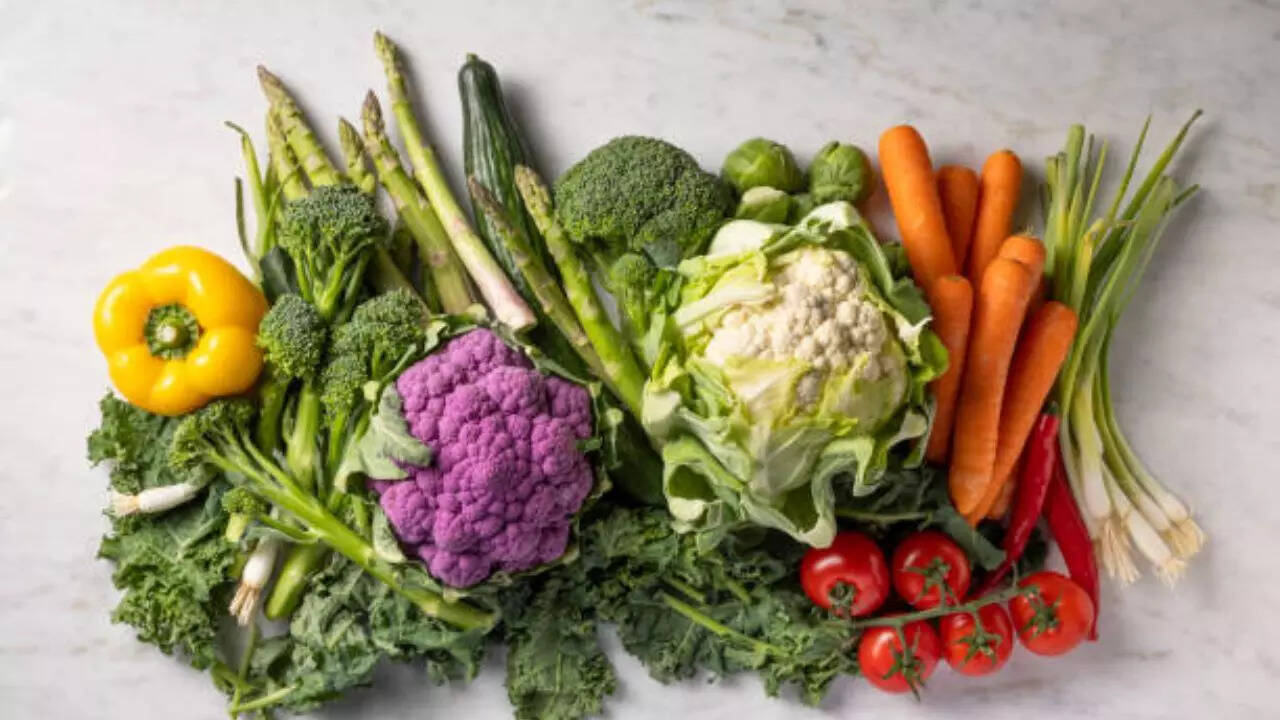Key Takeaways
- Clove water contains antioxidants, but there’s little evidence it can meaningfully lower blood sugar or inflammation.
- Most clove studies use concentrated extracts, making their real health impact uncertain.
- Experts say whole foods like leafy greens, berries, and whole grains are far more effective for supporting healthy blood sugar.
Cloves, a common household spice, have long been used as a home remedy for toothache and other forms of pain. They contain compounds with mild numbing and anti-inflammatory effects, but research offers very limited evidence that cloves are a reliable way to lower blood sugar and inflammation in the body.
Does Clove Water Help With Blood Sugar and Inflammation?
Cloves contain eugenol, a plant compound known for its antioxidant and anti-inflammatory qualities. Some early studies suggest that eugenol may help regulate glucose metabolism by lowering glucose levels, improving cholesterol, and protecting the liver and kidneys from damage caused by high blood sugar.
However, experts are not convinced.
“It’s definitely a stretch to say that chewing on a clove or drinking water that cloves had been in would give you the same benefits as some of the components that are in the cloves themselves,” Julie Stefanski MEd, RDN, LDN, a spokesperson for the Academy of Nutrition and Dietetics, told Verywell.
Although cloves contain antioxidants that help neutralize harmful molecules called free radicals, they’re not necessarily the best option for lowering inflammation.
What Research Actually Shows About Cloves
Most existing research has been conducted on animals or in vitro with high concentrations of cloves, not with clove water or the whole spice.
While one small, preliminary human trial demonstrated a slight drop in blood sugar compared to a placebo, the difference wasn’t enough to be considered clinically significant. However, in another study in 2019, people with and without diabetes who took 250 mg of clove extract daily for 30 days showed significantly lower blood glucose levels.
Still, given that most studies used concentrated extracts, it’s doubtful that drinking clove water or chewing on cloves will affect blood sugar.
More research into clove water is necessary to understand the potential health benefits.
Are There Any Risks to Eating Cloves?
If you’re a healthy adult, drinking clove water or chewing on cloves is not likely to cause any health problems.
“Think of cloves as a flavorful bonus, not a magic fix,” said Grace Derocha, RDN, CDCES, a spokesperson for the Academy of Nutrition and Dietetics.
At higher concentrations—especially as an oil—cloves can pose serious health risks to the liver and kidneys, increase bleeding, and cause seizures or a coma.
It’s especially toxic for children. The smallest amount could result in seizures and liver damage.
Pregnant and breastfeeding people should also be cautious since there isn’t enough data on how cloves or clove oil may affect them. However, the real danger is using clove water or cloves to replace reliable, proper medical care.
Better Food Choices for Blood Sugar and Inflammation
Plenty of natural, delicious food choices are packed with benefits that can help reduce inflammation and support healthy blood sugar levels.
“Clove water might give you antioxidants and a nice flavor, but the real benefits for blood sugar and inflammation come from whole foods we know are backed by research,” said Derocha.
Some examples of healthy, science-backed choices include:
- Leafy vegetables loaded with fiber: Foods like kale and broccoli help slow the absorption of sugar into the bloodstream.
- Antioxidant-packed berries: Berries fight inflammation and support overall metabolic health.
- Whole grains: These provide the fiber needed to steady blood sugar.
- Omega-3 rich foods: Salmon, walnuts, flaxseeds help lower inflammation in the body.
“A Mediterranean-style eating plan, which emphasizes vegetables, fruits, legumes, whole grains, healthy fats, and lean proteins, has the strongest evidence for supporting blood sugar control and lowering inflammation long-term,” added Derocha.
Source link
:max_bytes(150000):strip_icc()/Screenshot2023-03-29at3.52.57PM-5d6d8b06e76a4c44835a5ca74a5e9cde.png)


